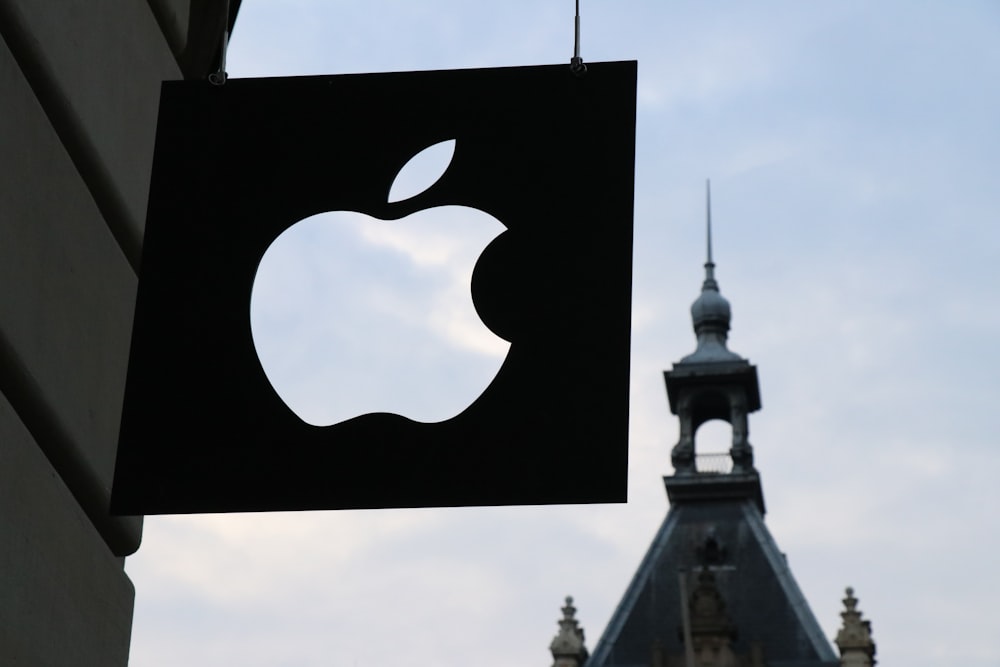What Wall Street Is Saying About Apple Ahead Of Earnings
Image Source: Unsplash
Apple (AAPL) is scheduled to report results of the fourth fiscal quarter of FY24 after the market close on Thursday, October 31, with a conference call scheduled for 5:00 pm ET. What to watch for:
EXPECTATIONS: Last quarter, Apple beat consensus sales and earnings expectations, reporting EPS of $1.40 on Q3 revenue of $85.8B, which compared to consensus forecasts of $1.35 and $84.53B, respectively.
At that time, Apple CEO Tim Cook said: "Today Apple is reporting a new June quarter revenue record of $85.8 billion, up 5 percent from a year ago. During the quarter, we were excited to announce incredible updates to our software platforms at our Worldwide Developers Conference, including Apple Intelligence, a breakthrough personal intelligence system that puts powerful, private generative AI models at the core of iPhone, iPad, and Mac. We very much look forward to sharing these tools with our users, and we continue to invest significantly in the innovations that will enrich our customers' lives, while leading with the values that drive our work."
Current consensus EPS and revenue forecasts for Apple's September-end quarter stand at $1.60 and $94.58B, respectively, according to data from LSEG Data and Analytics.
Consensus EPS and revenue forecasts for Apple's December-end quarter stand at $2.38 and $127.53B, respectively, according to LSEG Data.
Among analysts tracked by Bloomberg that have updated their views on Apple within the last twelve months, 39 have Buy or equivalent ratings, 18 have Hold or equivalent ratings and three have Sell or equivalent ratings. The average twelve month price target of 42 of those analysts is $245.02.
On October 15, shares of Apple hit an all-time intraday high at $237.49.
APPLE INTELLIGENCE: On September 9, Apple introduced iPhone 16 Pro and iPhone 16 Pro Max, featuring Apple Intelligence, larger display sizes, new creative capabilities with pro camera features, all powered by the A18 Pro chip. "With Apple Intelligence, powerful Apple-built generative models come to iPhone in the easy-to-use personal intelligence system that understands personal context to deliver intelligence that is helpful and relevant while protecting user privacy," the company stated at the time of the device reveal.
The next day, JPMorgan analyst Samik Chatterjee said Apple's "Glowtime" event featured limited surprises on the hardware front, but the focus of the iPhone launch was more balanced between photo and video capabilities with the introduction of the "Camera Control" button and Apple Intelligence, which compares to expectations for a larger focus on Apple Intelligence alone heading into the event. While offering limited surprises, the key takeaways for investors are: Apple Intelligence will be rolled out in beta version in October, but no specific timeline was issued for broader consumer availability; significant upgrades to the camera capabilities, which remains one of the largest drivers of consumer purchases; and pricing being maintained across the board, which helps expand the addressable demographic and compares favorably to competing AI smartphones in the market, the analyst said.
More recently, JPMorgan's Chatterjee said the firm expects a balance of better than expected September quarter results as well as weaker than expected guidance for the December quarter from Apple. Sell-through for the iPhone 16 series started off slower than iPhone 15, and while momentum has improved in recent weeks, the magnitude of the improvement is still putting volumes modestly below last year, the analyst tells investors. The firm says the slower momentum is leading it to forecast iPhone revenues in fiscal Q1 to track below consensus. It keeps an Overweight rating on Apple shares with a $265 price target.
DOWNGRADES: On October 6, Jefferies downgraded Apple to Hold from Buy with a price target of $212.92, up from $205, after Edison Lee assumed coverage of the stock. The firm likes Apple Intelligence long-term, saying Apple is the only hardware-software integrated player that can leverage proprietary data to offer low-cost, personalized artificial intelligence services. However, the company's smartphone hardware needs rework before being capable of serious AI, with a likely timeline of 2026 or 2027, the analyst tells investors. Jefferies believes the high expectations for iPhone 16 and 17 "are premature." The firm says near-term expectations for iPhone 16 and even 17 "are too high" with AI-capable smartphone technology likely a few years away.
Last week, KeyBanc analyst Brandon Nispel downgraded Apple to Underweight from Sector Weight with a $200 price target. The firm's consumer survey "disproves one major bull case" that the iPhone SE is not purely additive to iPhone sales. In addition, the analyst cites data points surrounding U.S. iPhone upgrades for the downgrade. They were 3% in Q3, down 9% year-over-year for Verizon, T-Mobile and AT&T, the analyst tells investors in a research note. Expectations call for Apple's highest growth in three years and a major inflection in all geographies and products, which has rarely occurred throughout its history, contends KeyBanc. As such, the firm feels Apple shares are expensive relative its history and peers.
More By This Author:
Here's What Wall St. Experts Are Saying About These Media Names Ahead Of Results
What Wall Street Is Saying About Meta Ahead Of Earnings
Here's What Wall St. Experts Are Saying About PayPal Ahead Of Earnings
Disclaimer: TheFly's news is intended for informational purposes only and does not claim to be actionable for investment decisions. Read more at more




